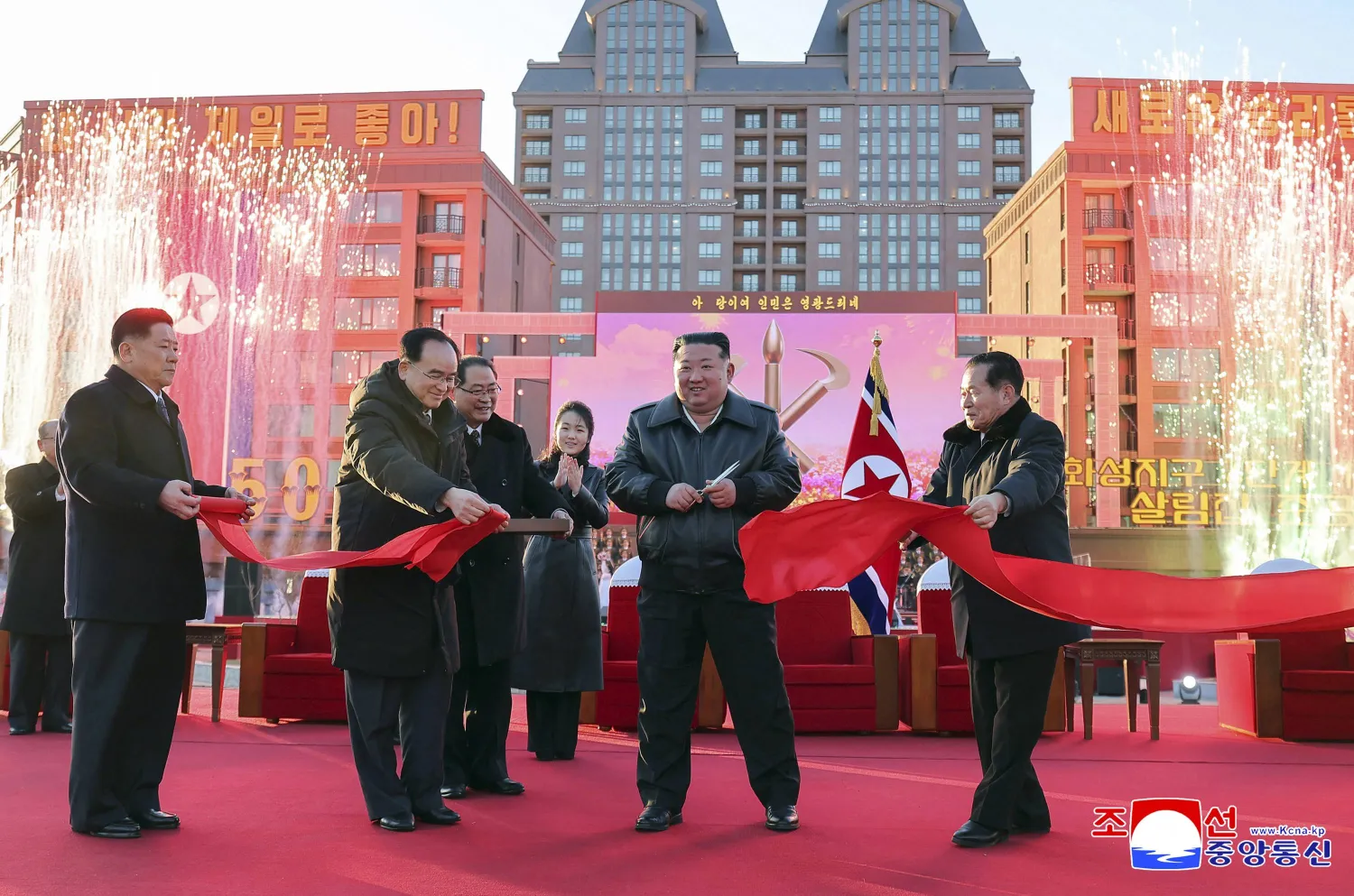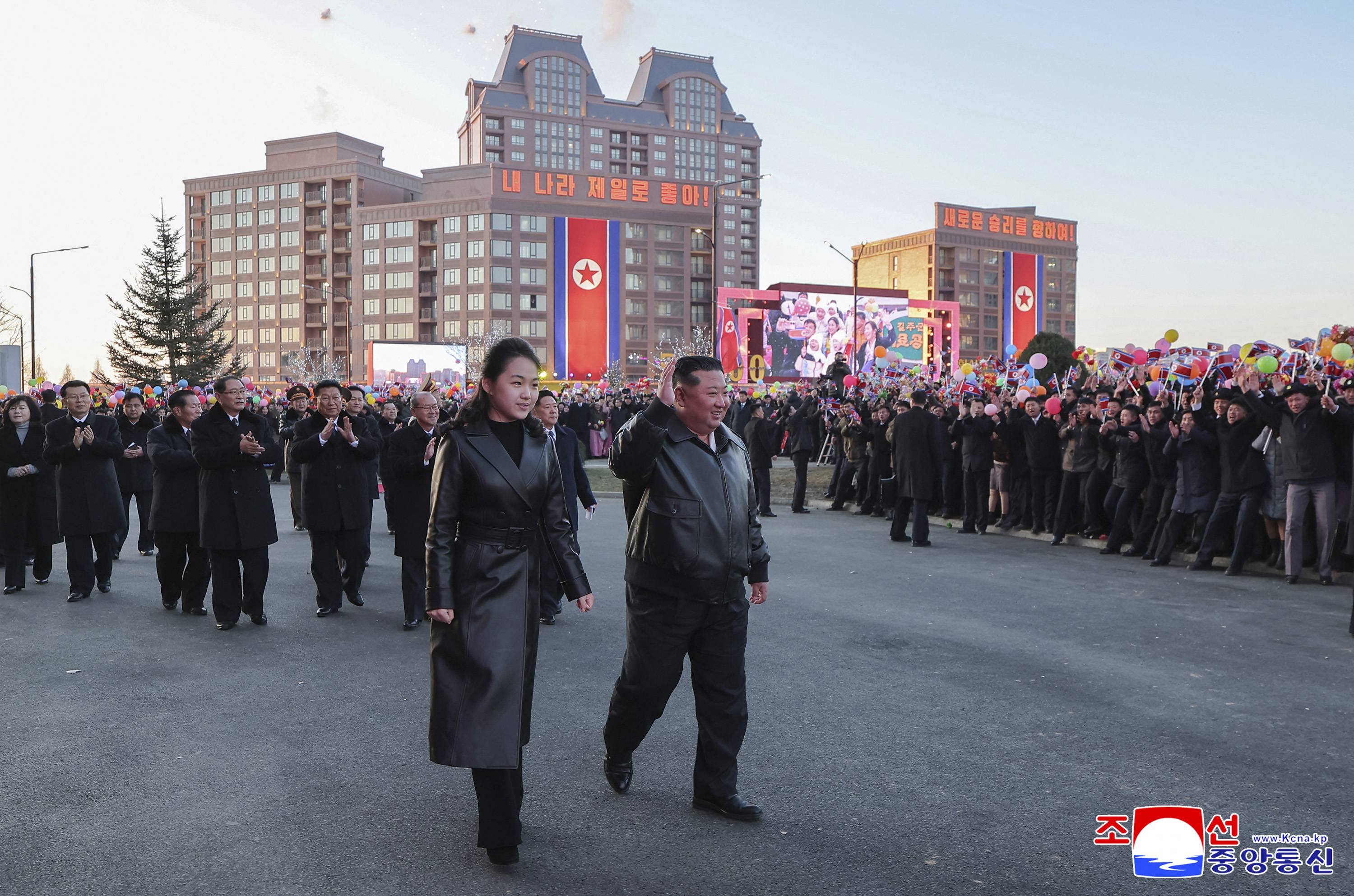North Korea will equip its military with a new 240mm multiple rocket launcher starting this year, state media said Saturday, adding a "significant change" for the army's artillery combat capabilities was under way.
Leader Kim Jong Un on Friday oversaw a live-fire test of the "technically updated" rocket system, Pyongyang's official Korean Central News Agency said.
The announcement comes as analysts say the nuclear-armed North could be testing and ramping up production of artillery and cruise missiles before sending them to Russia for use in Ukraine.
Pyongyang in February said it had developed a new control system for its 240mm multiple rocket launcher that would lead to a "qualitative change" in its defense capabilities, and last month executed a test-firing of new shells.
The updated rocket launcher will be "deployed to units of the Korean People's Army as replacement equipment from 2024 to 2026", KCNA said Saturday.
South Korea's defense ministry told AFP it could not confirm the Friday test launches.
But Pyongyang said eight shells had "hit point target to intensively prove the advantage and destructive power of the updated 240mm multiple rocket launcher system".
Images released by state media showed leader Kim conversing with military officials during an inspection of the launcher, as well as what appeared to be the live-fire test of the system.
The tests also proved the power of the "controllable shells for (the) multiple rocket launcher", it added.
The largely isolated country has recently bolstered military ties with Russia, and Pyongyang thanked Moscow last month for using its UN Security Council veto to block the renewal of a panel of UN experts that monitored international weapons sanctions on Kim's regime.
South Korea and the United States have accused North Korea of supplying weapons to Russia, despite UN sanctions banning such a move.
KCNA said Saturday that Kim discussed ways to raise production of the new rocket launcher system and shells to "the highest level".
It also said a "significant change will be soon made in increasing the artillery combat ability of our army", without providing details.










